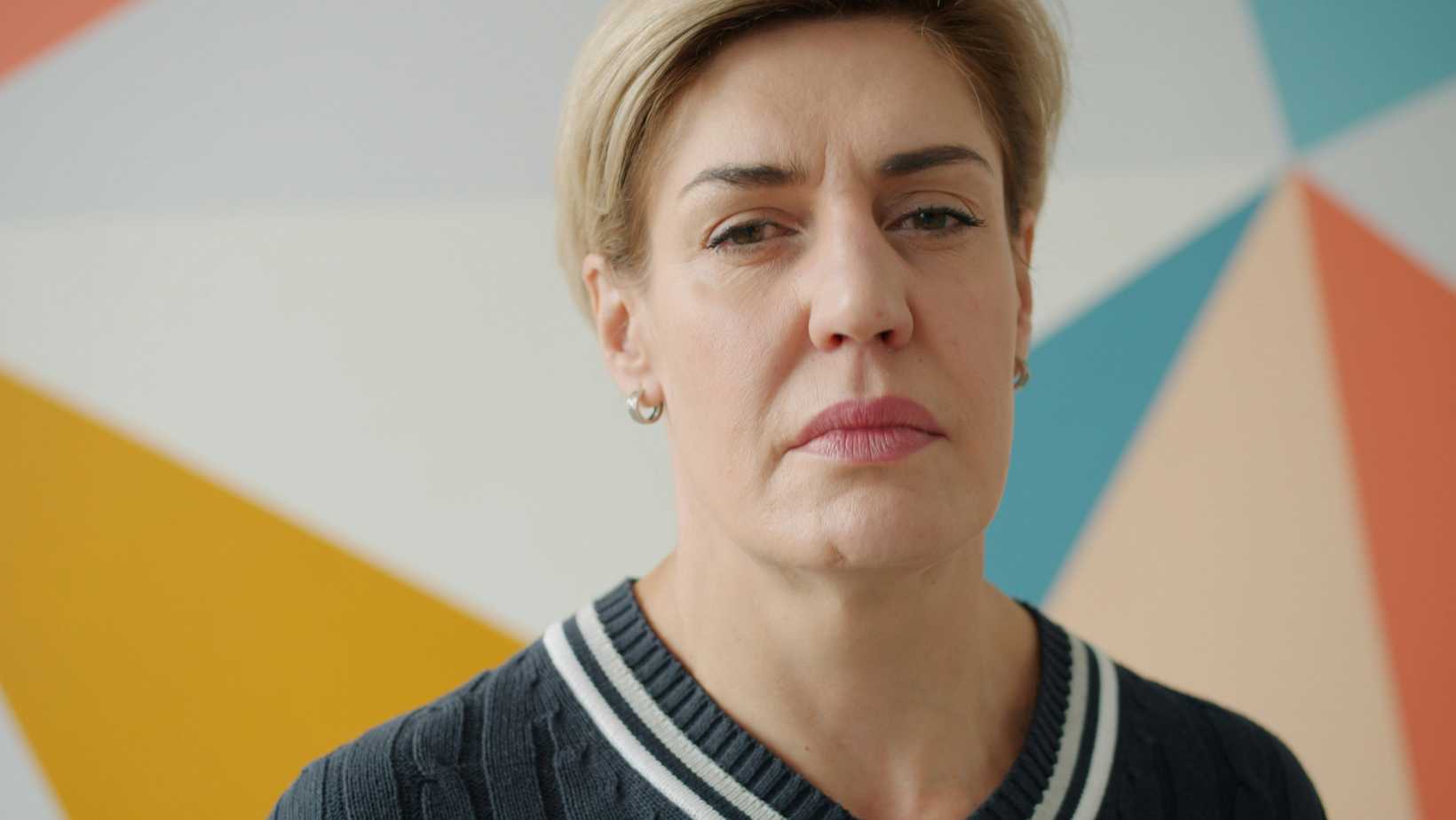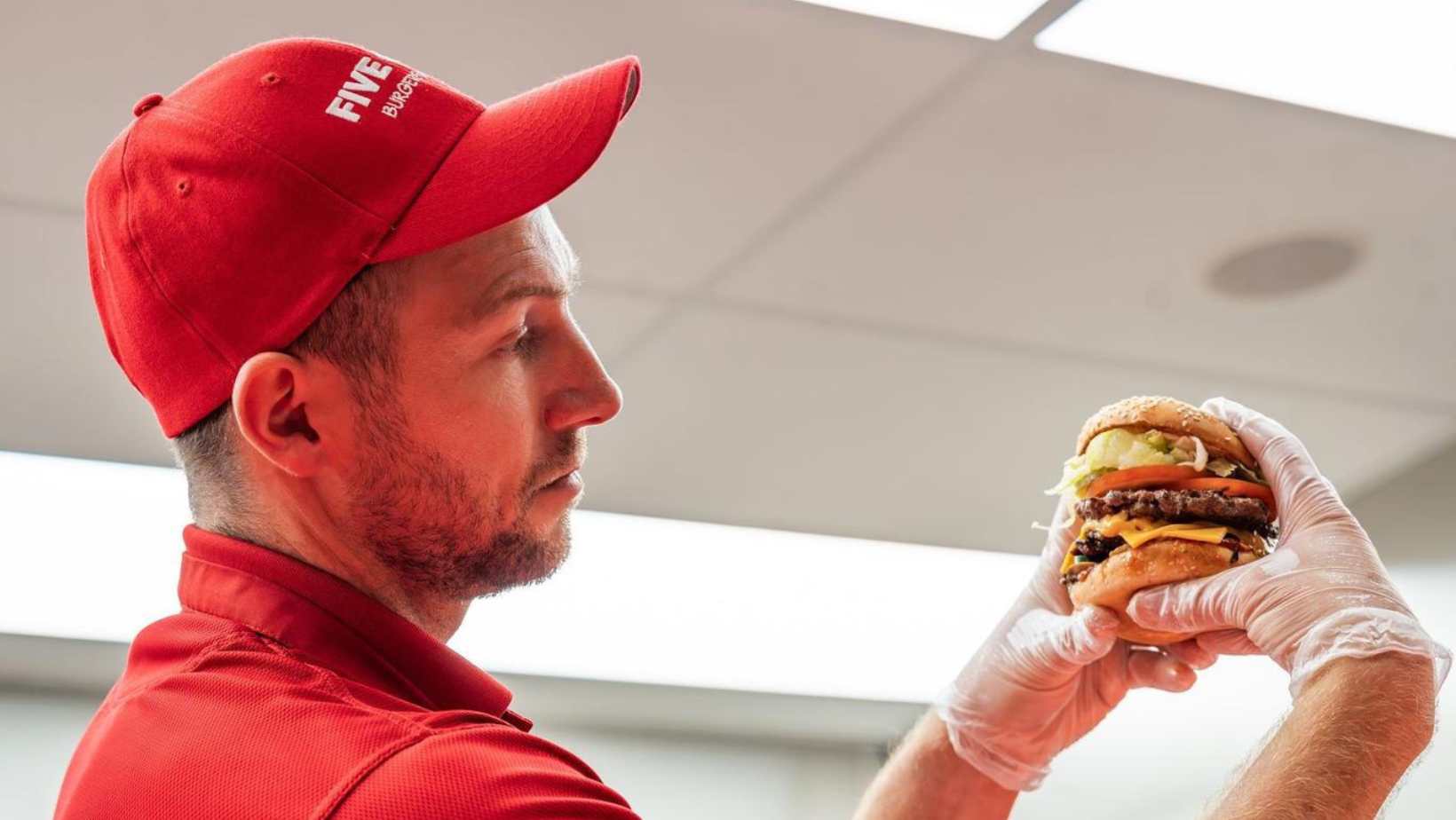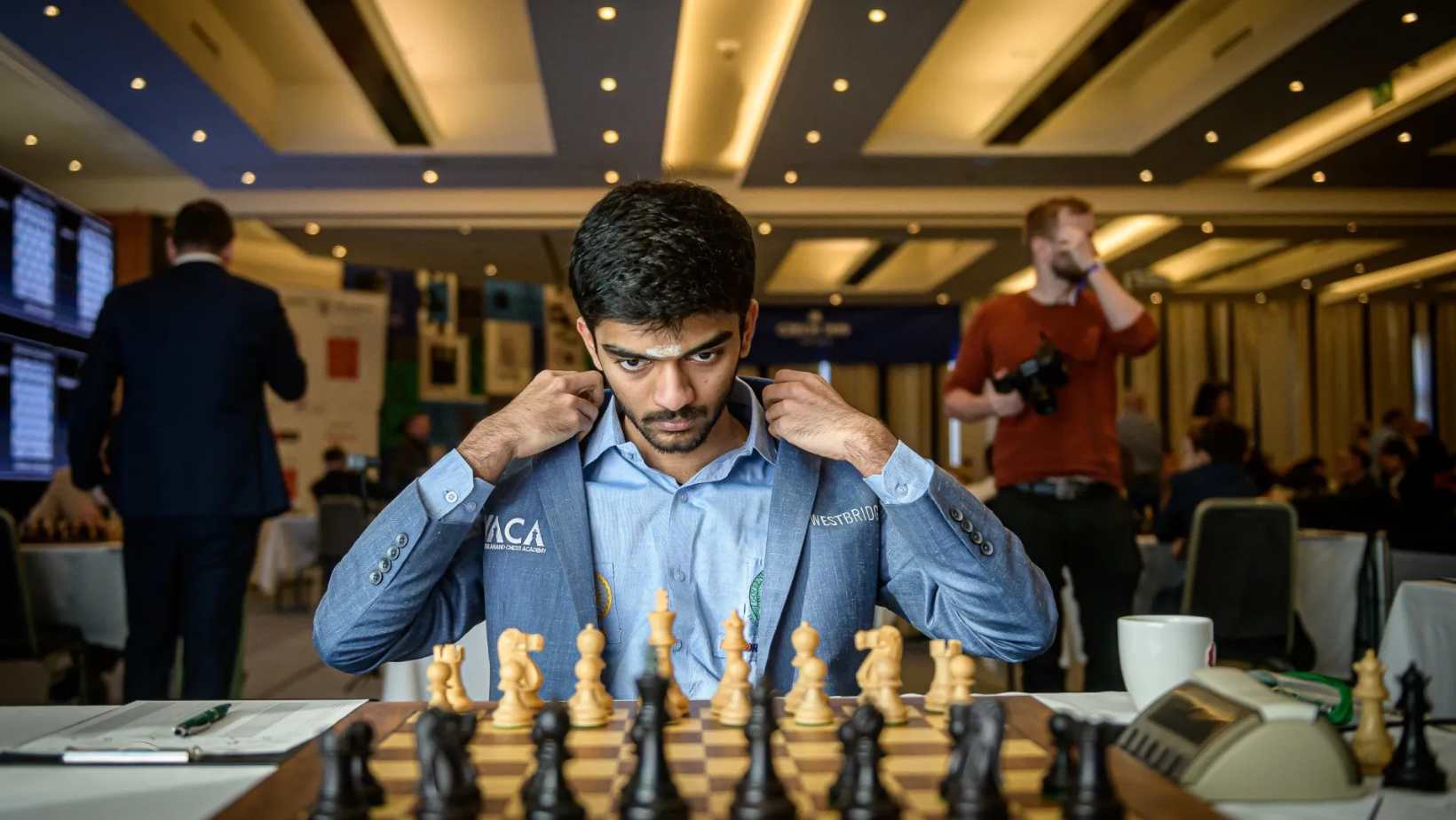To start with, Volodymyr Zelensky was careful not to blame Russians for a war Vladimir Putin started. Appealing to them and speaking in his native Russian, he asked: ‘Do the Russians want war?’
He called on them to rise up to make Putin listen. But this did not happen. Zelensky appears to have decided that they do, in fact, want war.
So he has now said that western countries should ban all Russian citizens from entering their countries on the grounds that ‘the population picked this government and they’re not fighting it’. His foreign minister Dmytro Kuleba said Russians ‘must be deprived of the right to cross international borders until they learn to respect them’.
His idea is gathering momentum with Lithuania, Latvia, Estonia, and the Czech Republic, who have already banned the issue of all kinds of visas to Russians.
Other countries such as Belgium, Denmark, Malta, the Netherlands and Slovakia are refusing to give visas to most Russian citizens – with exceptions for family members, students and workers. Finland has called on the EU to adopt a common stance and stop granting Schengen visas immediately.
Czech foreign minister Jan Lipavský is proposing an EU-wide travel ban on Russian passport holders. ‘We are trying to explain to our partners that the approach is justified and effective,’ Lipavský said yesterday. ‘We are convinced as a government that halting visas for ordinary Russian citizens gives a very clear and straightforward signal to the Russian society … Citizens of these countries should realise that such a militant policy has consequences.’
It’s hard to gauge the number of Russians who support the invasion, but polls suggest that most do. There was an initial Russian protest when the war broke out, promptly quelled by almost 1,500 arrests.
Some Ukrainians hoped for a Muscovite rendition of the 2014 Maidan Revolution, when we overthrew the then president Viktor Yanukovych. But those hopes have been in vain – and not just because of the overwhelming risk of police brutality. There’s some polling evidence – albeit with obvious caveats about reliability – that at least 70 per cent of Russians support the war in Ukraine.
Ukraine has launched dozens of projects to compete with Russian propaganda and tell them the truth about the war. But nothing has worked. A poll in July showed that 60 per cent of Russians would support a fresh offensive on Kyiv. Abroad, there have been reports of Russians harassing Ukrainian refugees.
Some western leaders aren’t sure about Zelensky’s calls for them to ban the entry of Russian citizens. Germany’s Olaf Scholz – who does not have the best reputation in Ukraine – simply said ‘this is Putin’s war’.
Might a travel ban remove the chance to flee Putin? Ukrainian officials disagree, saying that persecuted people ‘can always ask for political asylum’.
Ukraine hopes that a total travel ban will succeed where sanctions have failed, triggering Russians to rethink their support for the government. But even if it does, the chances of a successful uprising against Putin are slim.
Almost a third of Ukrainians speak Russian as a first language – but hope that cultural affinity would stem the aggression has been misplaced. While most in the West will continue to talk about Putin, Ukraine thinks this is now very much a Russian war.
-
NEWSLETTER
Subscribe for our daily news










